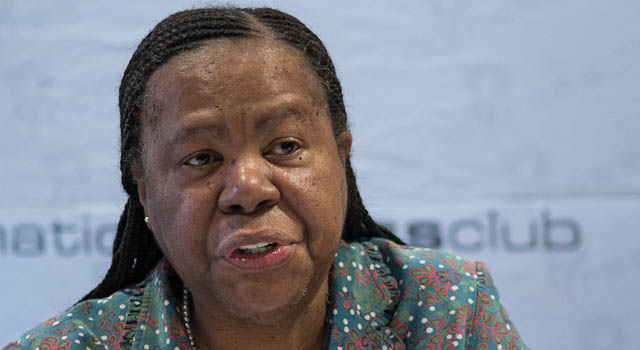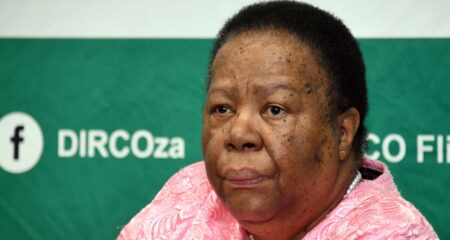
Presenting a report on basic education, higher education, health and science & technology, science & technology minister Naledi Pandor said more could be done to improve South Africa’s education system.
“Comrades [in commissions] expressed the need to address infrastructure problems in rural areas and in townships.”
Pandor said concern was raised about the large class numbers in South Africa.
“Comrades reported that there are schools with 100 children per class, there were inadequate numbers of teachers…”
She said these concerns came mostly from the Eastern Cape.
While there were improvements in the national senior certificate results, she said, it was stressed that maths, science and technology results needed to improve.
“The numbers are not yet good enough, much more needs to be done…”
On higher education, she said: “The issue of free higher education came out strongly and it was felt that we are not acting faithfully on the outcomes of the Polokwane conference.”
She said the commission also expressed concern about the significant growth in fees at universities.
“It was agreed that the higher education department must look at a regulatory framework for curbing the growth in fee levels in the higher education sector.”
Pandor said government had moved from just over R200m in national student financial aid scheme in 1996 to R9,6bn this year.
“However, a strong call has been made to relook at the funding formula; there is a view that the formula benefits advantaged institutions and previously white institutions.
“We need a formula that would address apartheid, and would address those historically black and poor institutions.
“Despite having expanded access to technical and vocational colleges, it was felt that we are funding hip-hop courses, hotel and dress making rather than technical and vocational courses.”
She said the language issue was also discussed.
“Especially Mandarin, there were lots of discussions around it. Swahili also came up as a strong call by many of our comrades.”
She said the commission and plenary had strongly affirmed the annual national assessment and gave it the go ahead because it was a very important intervention.
“We cannot stop such an important intervention in basic education. Plenary also said that we have not reached a point where teachers are in their classrooms on time.
“In many schools in disadvantaged schools, children are not receiving the amount of teaching that they should be receiving. Discipline and attendance is an issue we have still not cracked,” she said. — News24



